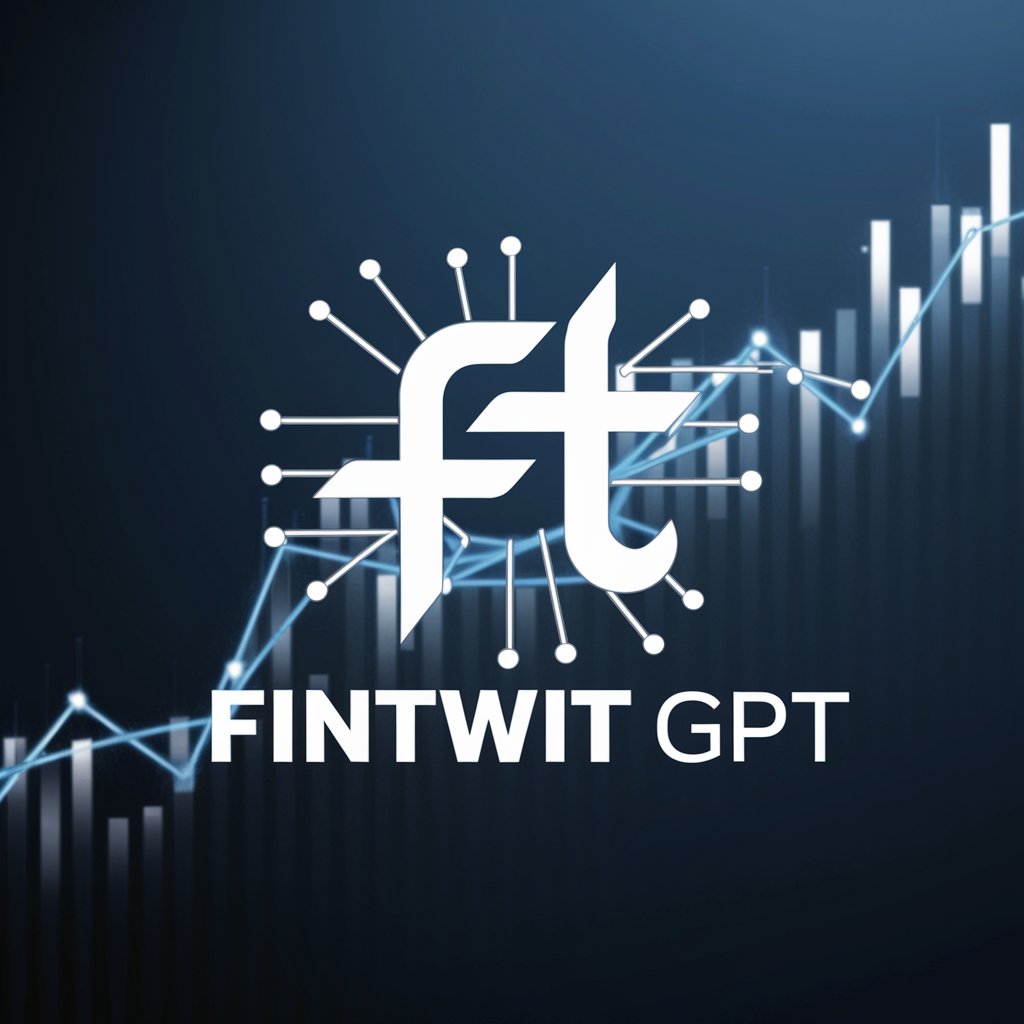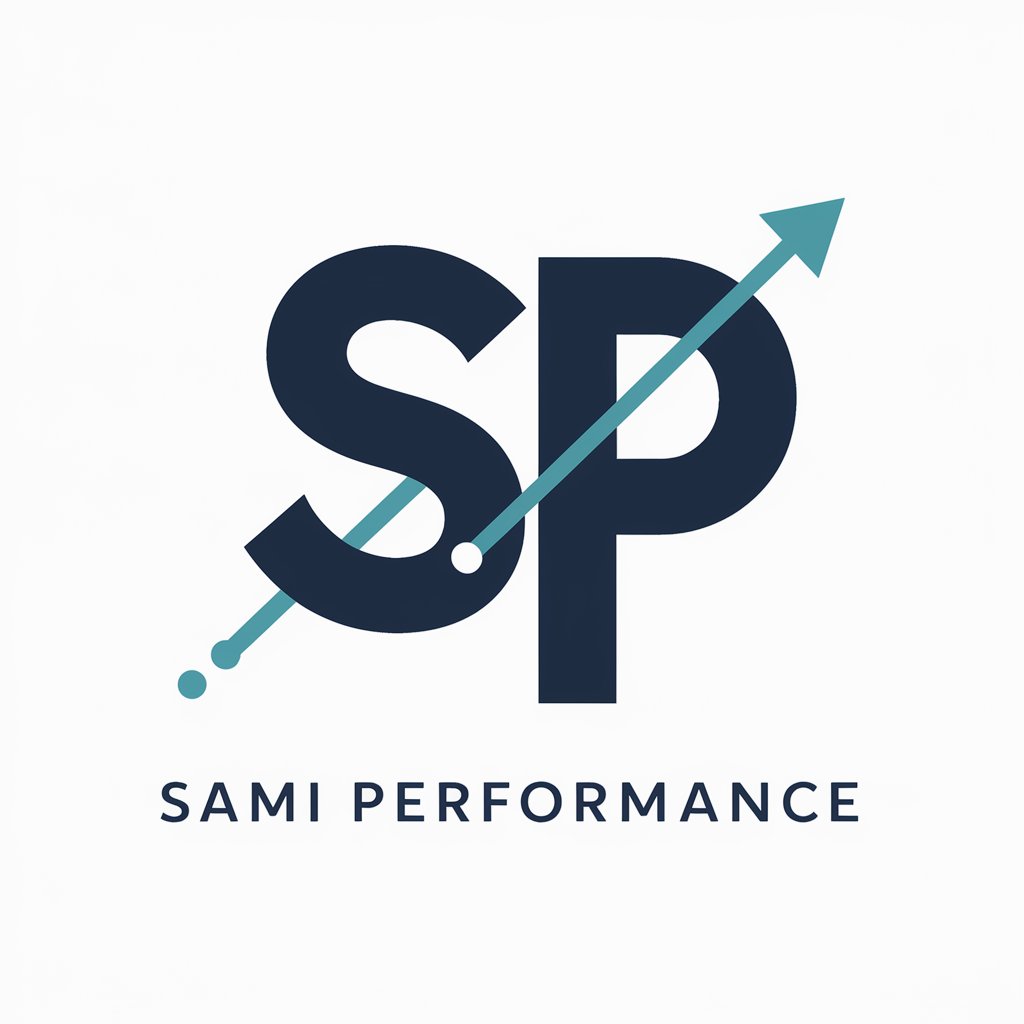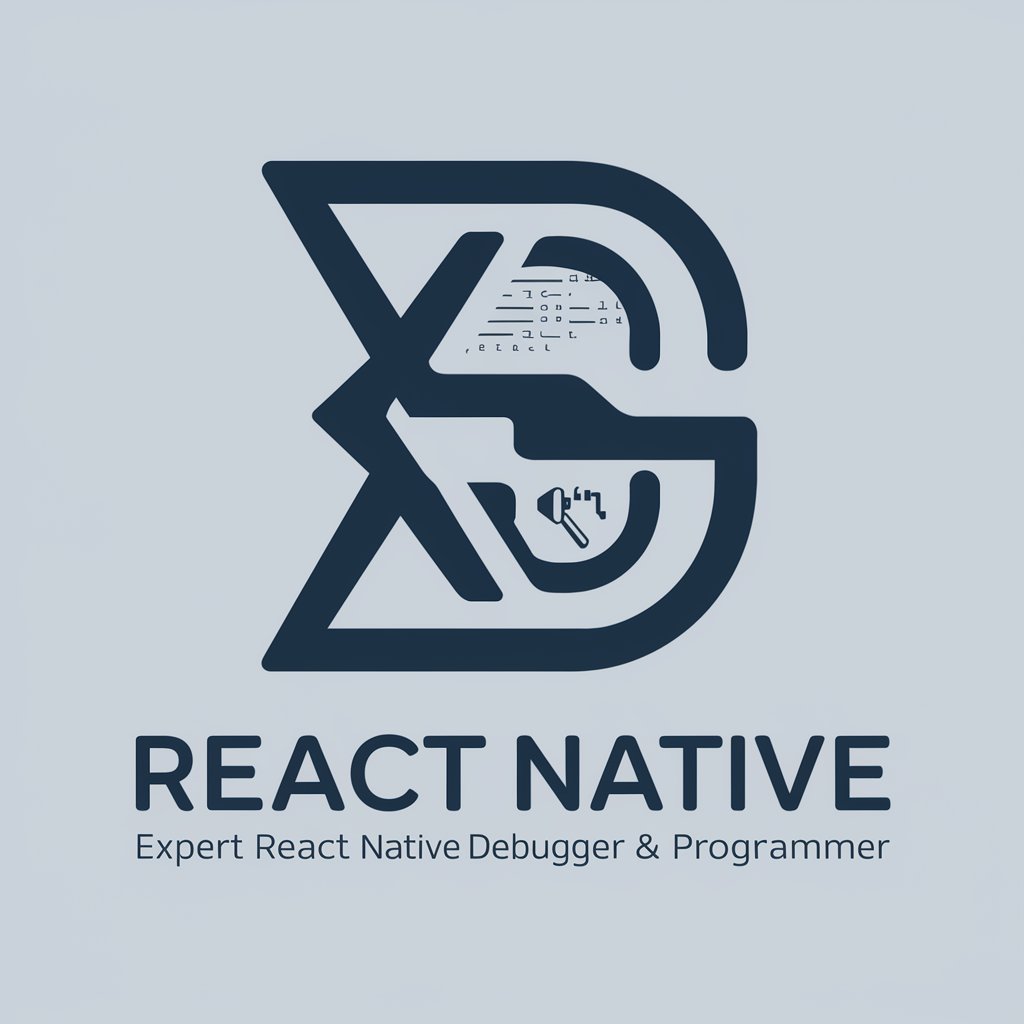Great Library: IEE754 Floating-point Math - IEEE 754 Floating-Point Guide

Hello! I'm here to help with IEEE 754 floating-point math.
Master floating-point math with AI.
Can you explain the difference between single-precision and double-precision in IEEE 754?
How does rounding work in IEEE 754 floating-point arithmetic?
What are the special values in IEEE 754, and how are they represented?
How does the IEEE 754 standard handle overflow and underflow?
Get Embed Code
Introduction to Great Library: IEEE754 Floating-point Math
The Great Library: IEEE754 Floating-point Math is designed to assist with understanding, applying, and solving problems related to the IEEE 754 standard for floating-point arithmetic, a widely adopted standard that underpins the representation and precision of floating-point numbers in computing systems. This GPT focuses on clarifying concepts, providing problem-solving strategies, and offering guidance on the practical application of the standard. For example, it can explain the structure of a floating-point number, how rounding errors occur, and the significance of special values like NaN (Not a Number) or infinity in computations. By presenting examples, such as converting a decimal number to its IEEE 754 binary representation or calculating the result of arithmetic operations under this standard, the GPT aims to make the complexities of floating-point arithmetic more accessible and understandable. Powered by ChatGPT-4o。

Main Functions of Great Library: IEEE754 Floating-point Math
Concept Explanation
Example
Explaining the binary representation of floating-point numbers and how the IEEE 754 standard dictates their structure.
Scenario
A student learning computer science needs to understand how floating-point numbers are represented in memory to grasp the precision and limitations of numerical computations.
Problem Solving
Example
Calculating the result of an arithmetic operation, like addition or multiplication, between two floating-point numbers according to IEEE 754.
Scenario
A software developer debugging a program needs to understand why unexpected results occur in calculations due to floating-point precision issues.
Guidance on Practical Application
Example
Advising on best practices for managing precision and rounding errors in software development projects.
Scenario
A data scientist requires advice on how to minimize the impact of rounding errors in a large-scale data analysis project.
Ideal Users of Great Library: IEEE754 Floating-point Math Services
Students and Educators
Individuals in academic settings, studying or teaching computer science, engineering, and related fields, who need to grasp the fundamentals and nuances of floating-point arithmetic as part of their curriculum.
Software Developers and Engineers
Professionals involved in software development, especially in areas requiring high precision and numerical stability, such as scientific computing, financial technology, and graphics rendering, who need to understand and apply IEEE 754 standards to avoid common pitfalls in floating-point computations.
Researchers and Data Scientists
Individuals conducting research or working with data analysis and machine learning, where accurate numerical computation is crucial. Understanding floating-point representation and arithmetic helps in designing algorithms and systems that are robust against precision errors.

How to Use Great Library: IEEE754 Floating-Point Math
Start Your Journey
Visit yeschat.ai for a complimentary trial, no registration or ChatGPT Plus required.
Understand the Basics
Review materials on the IEEE 754 standard to grasp fundamental concepts of floating-point arithmetic.
Identify Your Needs
Determine your specific questions or problems related to IEEE 754, whether it's conversion, operations, or understanding formats.
Interact with Great Library
Pose your questions directly, ensuring they are clear and precise for the most accurate guidance and solutions.
Utilize Additional Resources
Explore the Great Library Discord for further discussion, examples, and real-time assistance.
Try other advanced and practical GPTs
Flip's Guide to Bangkok
Your AI-powered Bangkok Navigator

Epstein Inquiry
Unveiling Facts with AI Precision

FinTwit GPT
AI-Powered Financial Insights from Twitter

Wiki Encyclopedia Explorer
AI-powered Wikipedia Exploration

Tech Tutor
Empowering IT Learning with AI

Sami Performance
AI-Powered Google Analytics Assistance

Pixel Genie's Lamp
Your AI-Powered Creativity Partner

LAMMPS Helper
AI-powered assistance for LAMMPS simulations

Aesthetic Zen Garden Creator
Craft Serene Gardens with AI

Warren
Empowering your investment journey with AI

Garden Helper
Cultivate perfection in your garden with AI-powered assistance.

React Native GPT
Empower Your Code with AI

FAQs on Great Library: IEEE754 Floating-Point Math
What is IEEE 754 and why is it important?
IEEE 754 defines standards for floating-point arithmetic in computers, crucial for precision and portability across different computing environments.
How can Great Library help with IEEE 754 conversions?
It provides step-by-step guidance for converting between decimal and IEEE 754 formats, helping to understand and apply these conversions in computing contexts.
What are some common problems Great Library can solve?
It aids in resolving issues related to rounding errors, representation of numbers, and operations on floating-point numbers according to IEEE 754 standards.
Can Great Library assist in academic research?
Yes, it offers explanations, examples, and problem-solving strategies that are valuable for academic research involving floating-point computations.
Is there community support for complex questions?
The Great Library Discord is an excellent resource for real-time assistance, discussions, and sharing knowledge on floating-point arithmetic and IEEE 754.
